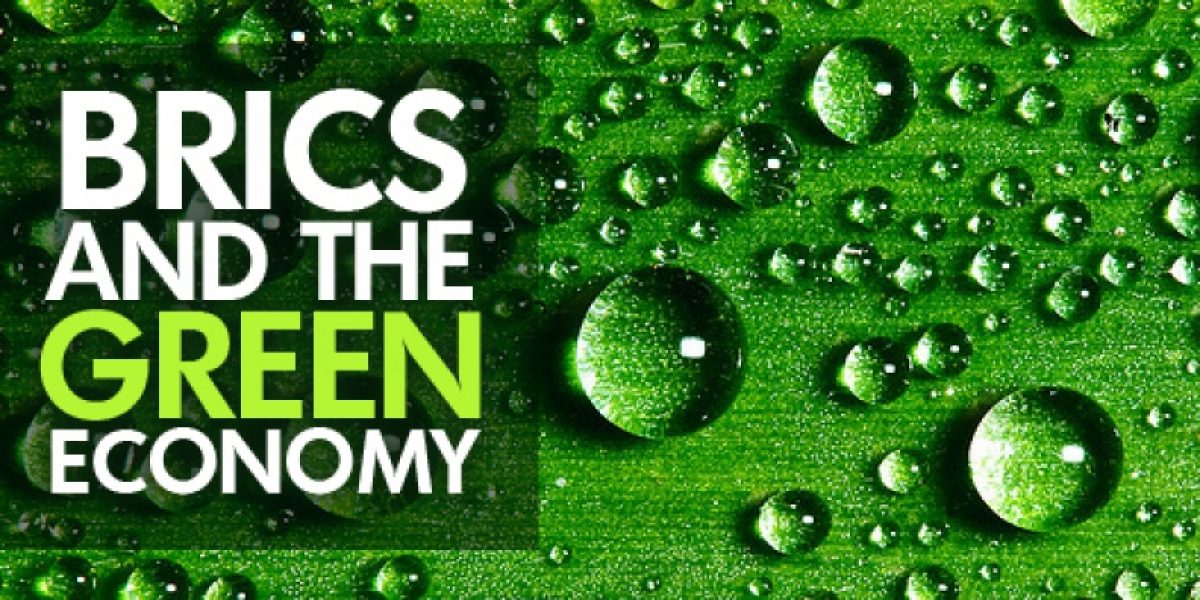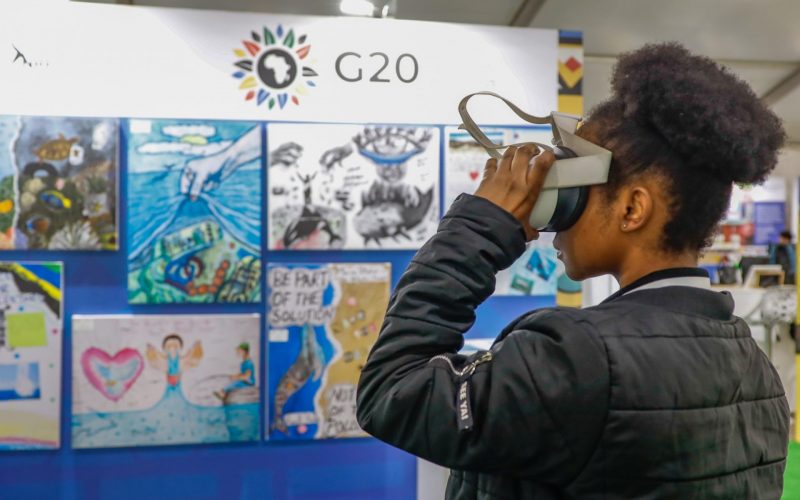Green energy, though, is at the heart of the green economy in the 21st Century. The threat of disruptive climate change has directed attention on the central role that energy plays in shaping the future interaction between humankind and the natural resources on which it is dependant. It is vital that renewable energy sources and green industries become more competitive relative to the entrenched fossil fuels, thus enhancing the attractiveness of investing in the green economy.
When applied appropriately, economic incentives can accelerate the turning point of the transition from high carbon, fossil fuel-based economy to a less carbon-intensive one which encourages innovation and efficiency. For the fast-growing emerging economies, such as the BRICS, it is time to transform the rhetoric about challenges to the old and established economic order into focused action. South Africa is amongst this emerging economy group, with a unique energy history which is hopefully poised to transform into a sustainable energy future.
BRAZIL
- The full outline of Green Economy Incentives for Brazil (430.81 kB)
- The Green Economy in the G20, PostMexico: Implications for Brazil (SAIIA Occasional Paper No 163, November 2013)
RUSSIA
- The Green Economy in the G20, PostMexico: Implications for Russia (SAIIA Occasional Paper No 192, June 2014)
- The full outline of Green Economy Incentives for Russia (399.83 kB)
INDIA
- The Green Economy in the G20, PostMexico: Implications for India (SAIIA Occasional Paper No 165, November 2013)
- The full outline of Green Economy Incentives for India (484.95 kB)
CHINA
- The Green Economy in the G20, PostMexico: Implications for China (SAIIA Occasional Paper No 162, November 2013)
- The full outline of Green Economy Incentives for China (483.5 kB)
SOUTH AFRICA








